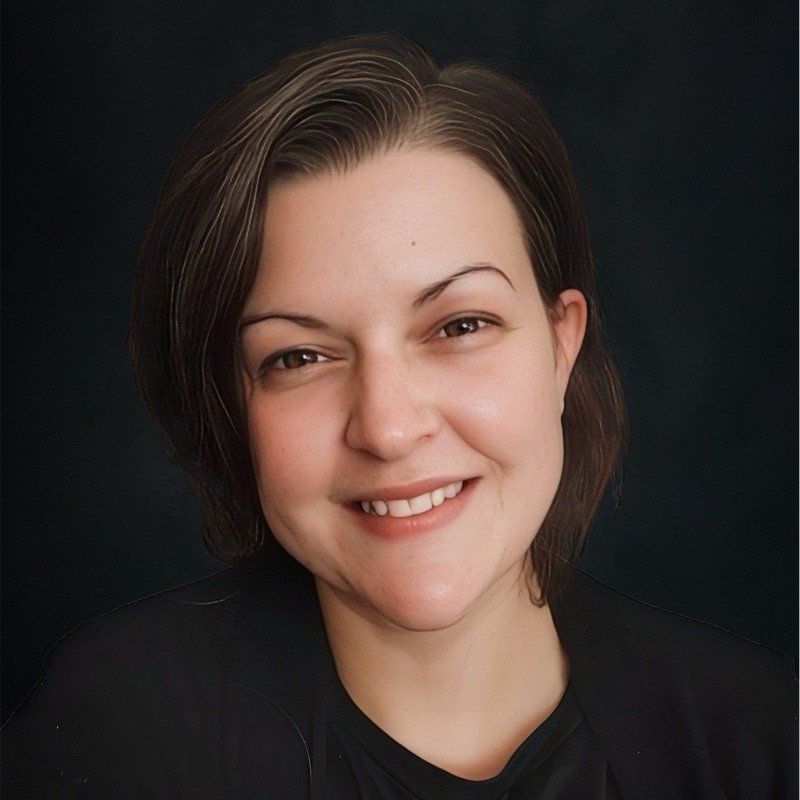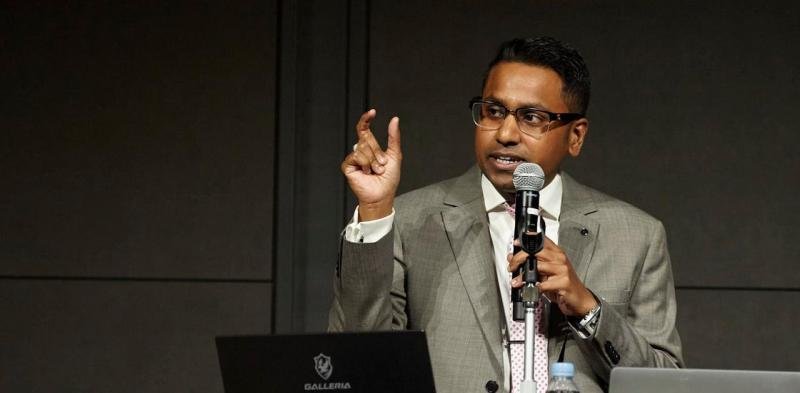Inversity and Financial Times join forces to address misinformation with AI challenge for students
Inversity, an AI education startup, partnered with the Financial Times to launch a nationwide competition to tackle misinformation and develop media literacy.
Over four weeks, 400 students worked on AI-powered projects.The winning entry came from 17-year-old Ahmad Adebowale of Liverpool Maths School. His prototype, Skewdle, uses a gamified approach, inspired by Wordle, to help users identify misinformation while engaging with credible news content. Judges praised the project's technical development, user-friendly design, and thorough market research.
The competition, part of Inversity’s mission to deliver practical AI education, tasked students with creating AI-based software to enhance media engagement and critical thinking.
Andrew Jack, Global Education Editor at the Financial Times who set the challenge and served as the judge, commented:
“Misinformation is an existential problem with dangerous consequences that we have a collective responsibility to fight, and it’s top of the agenda for both the Financial Times and Inversity to tackle.
“There were many excellent responses to the challenge. Skewdle was particularly impressive due to its technical maturity, user-friendly design and interactive features. Ahmed had also conducted important market research to put his invention in the right context of what users need.”
Inversity, established in 2023, provides hands-on AI training tailored to solving real-world problems. The organization partners with industry leaders like Mercedes F1 and Ipsos to create challenges that emphasize practical applications of AI.
Dr. James Kuht MBE, CEO and co-founder of Inversity, highlighted the innovative projects presented during the challenge:
“We set our learners the world's most interesting and important problems each month, and Andrew raised the bar with this one. It was fascinating to see the AI-powered ideas that learners came up with: from applications which gamified the process of reading news articles from different viewpoints, to web browser plug-ins to help identify disinformation, to the winning entry, ‘Skewdle’, which looks like a Wordle-for-media-literacy skills in the making!”

















